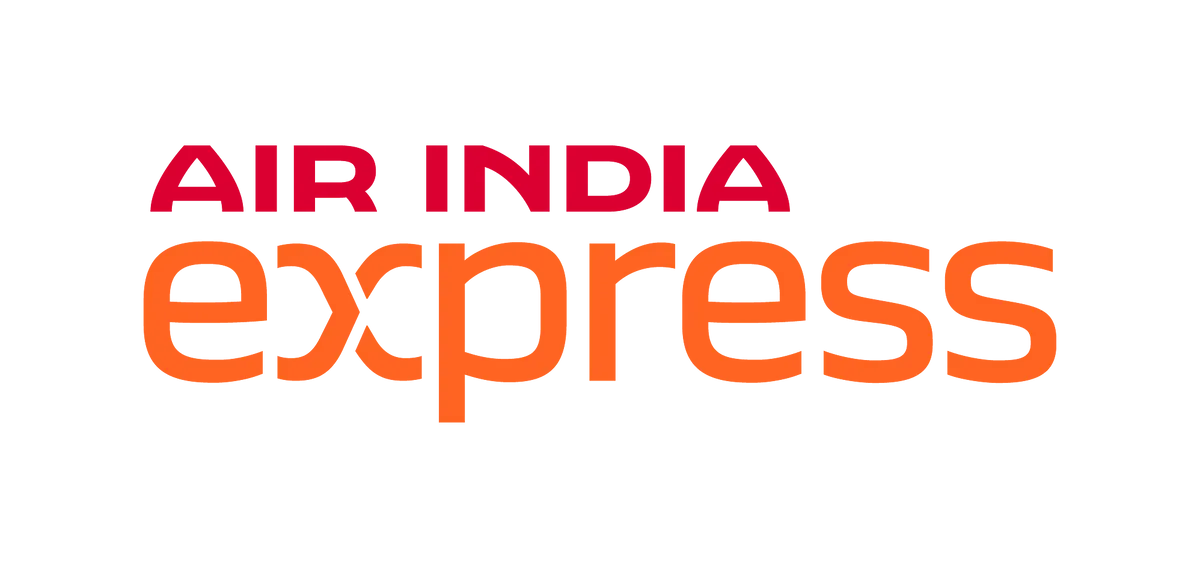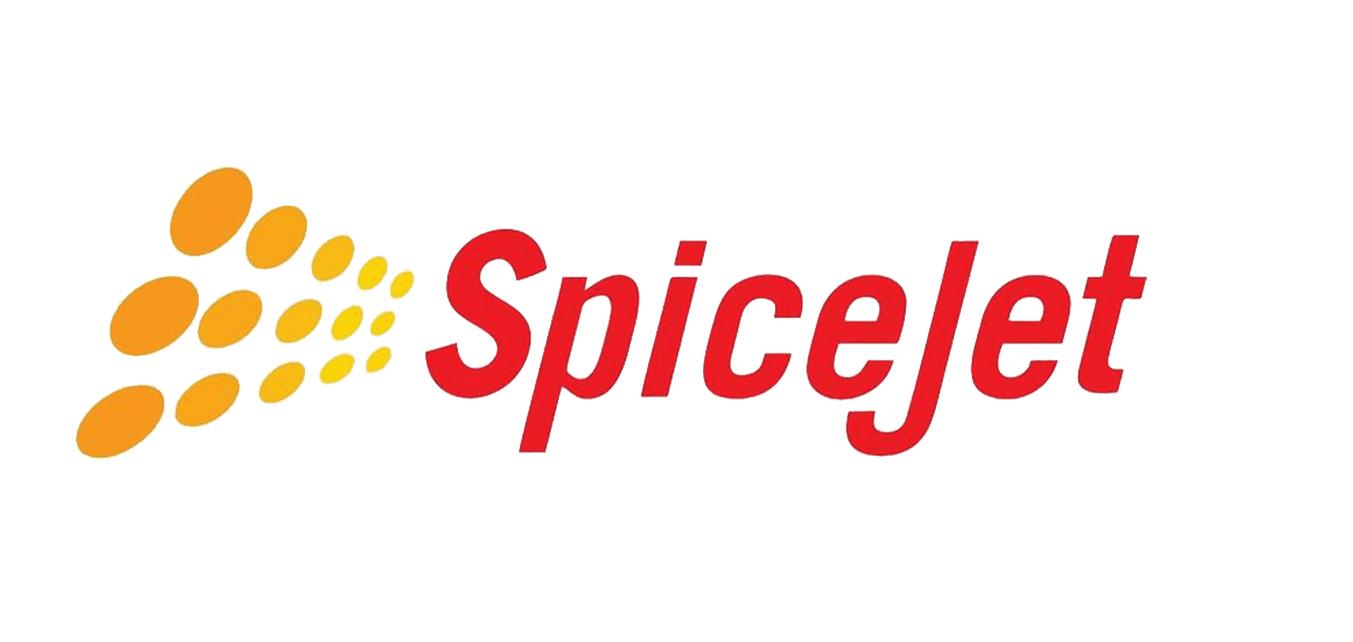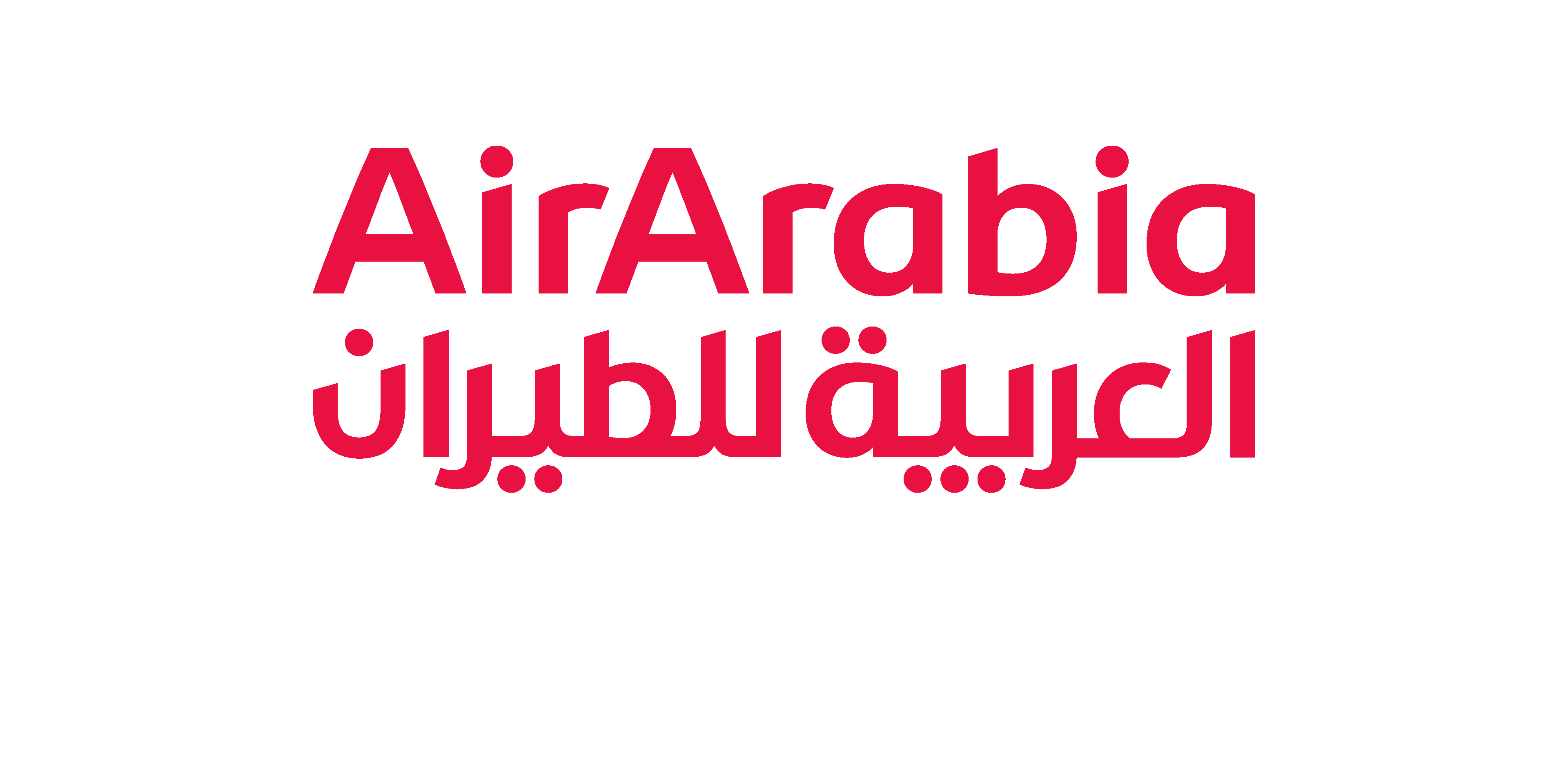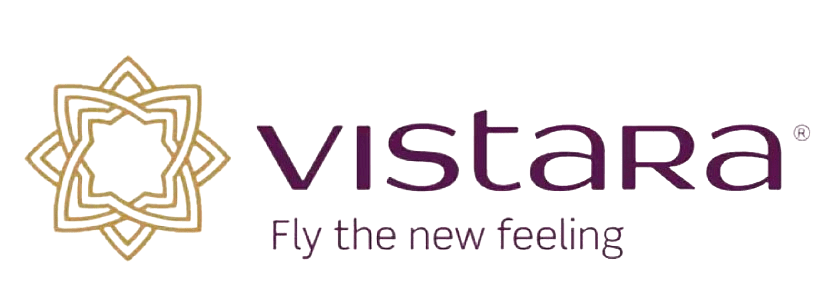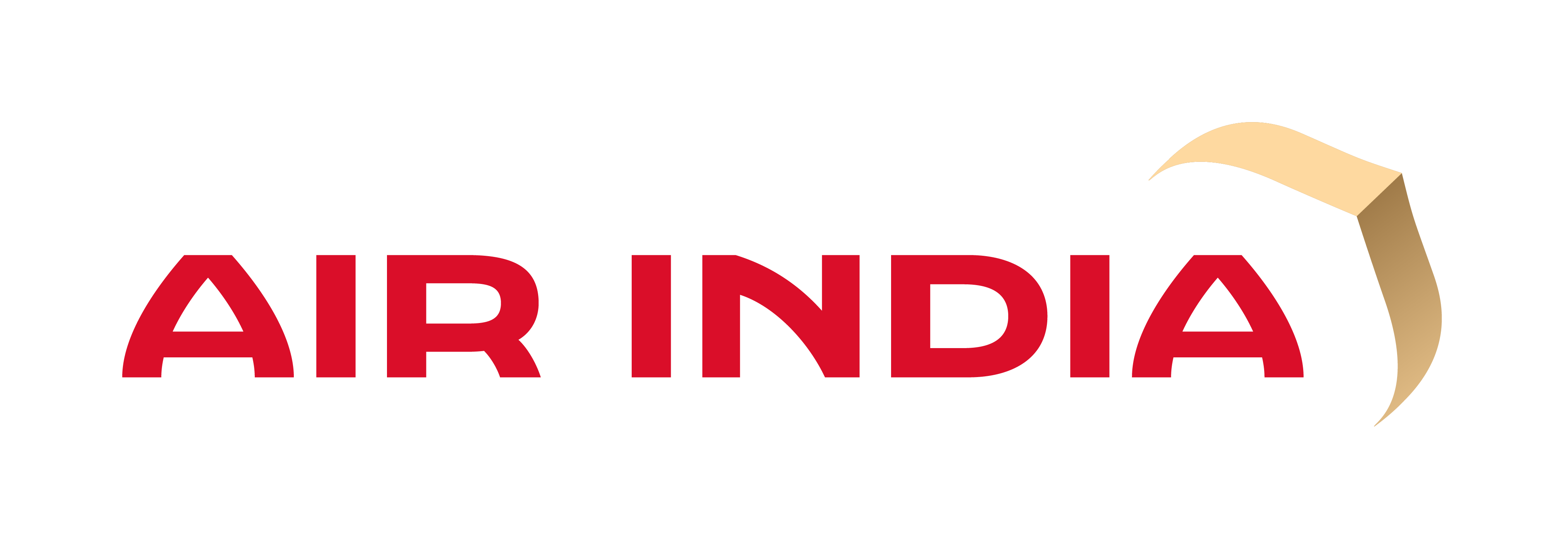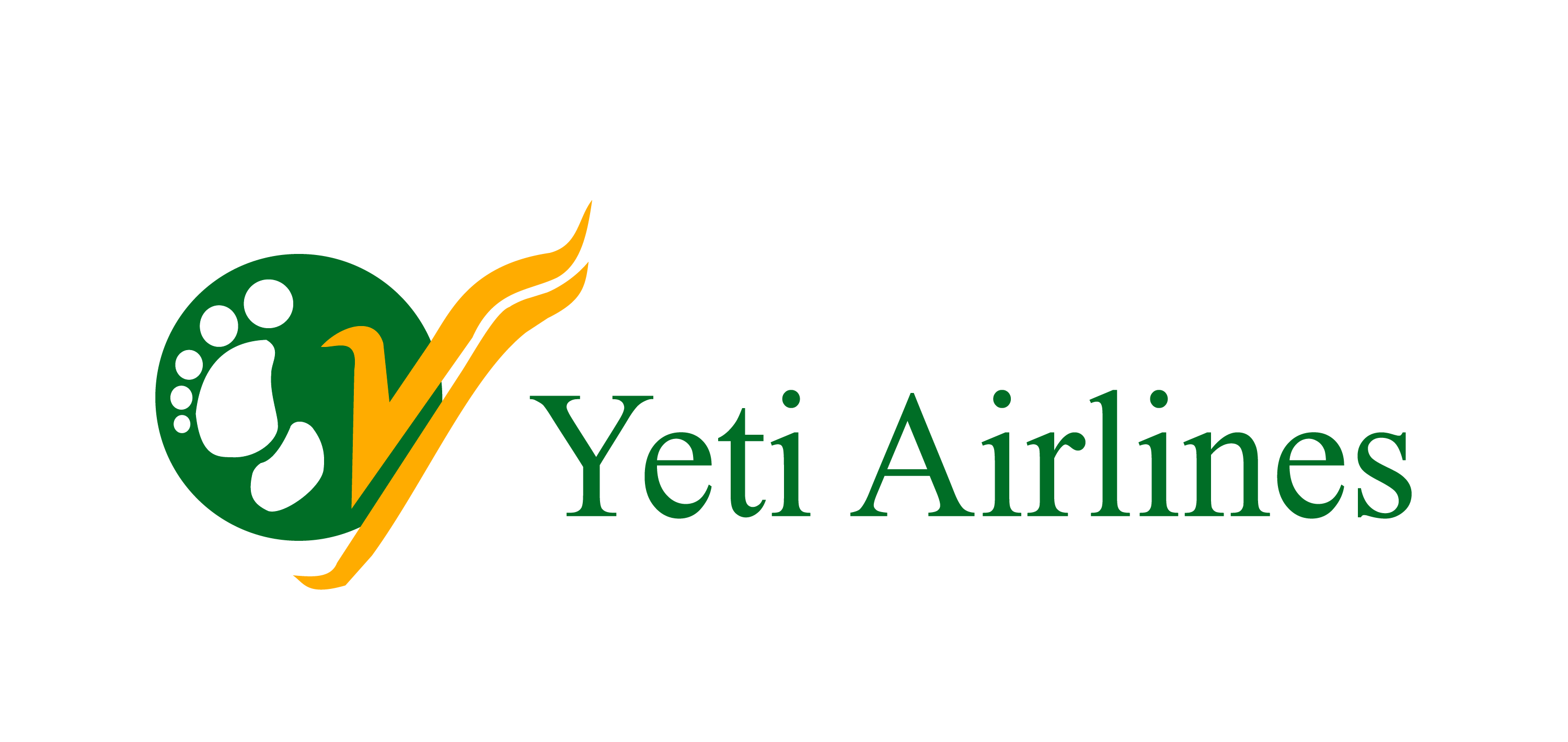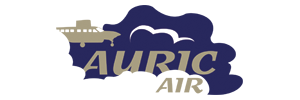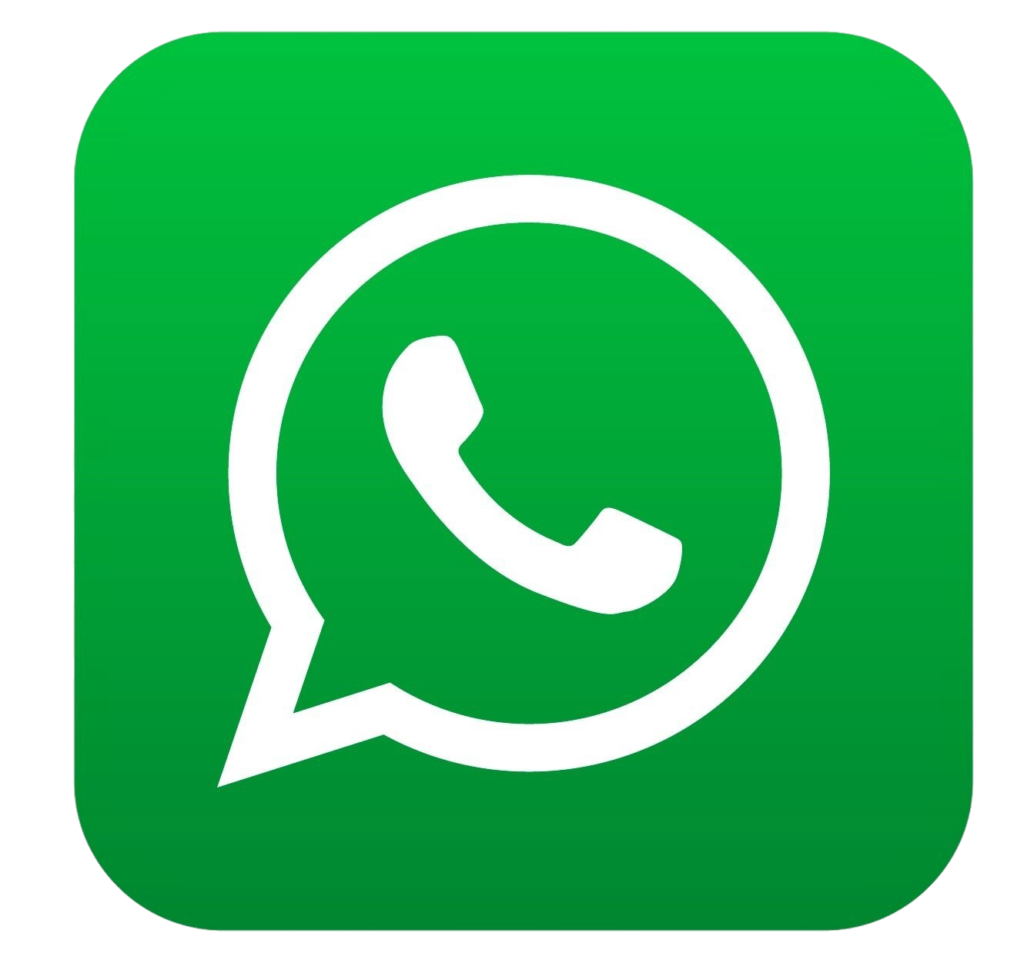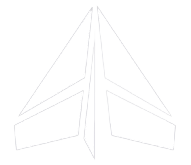Ascend
With Purpose
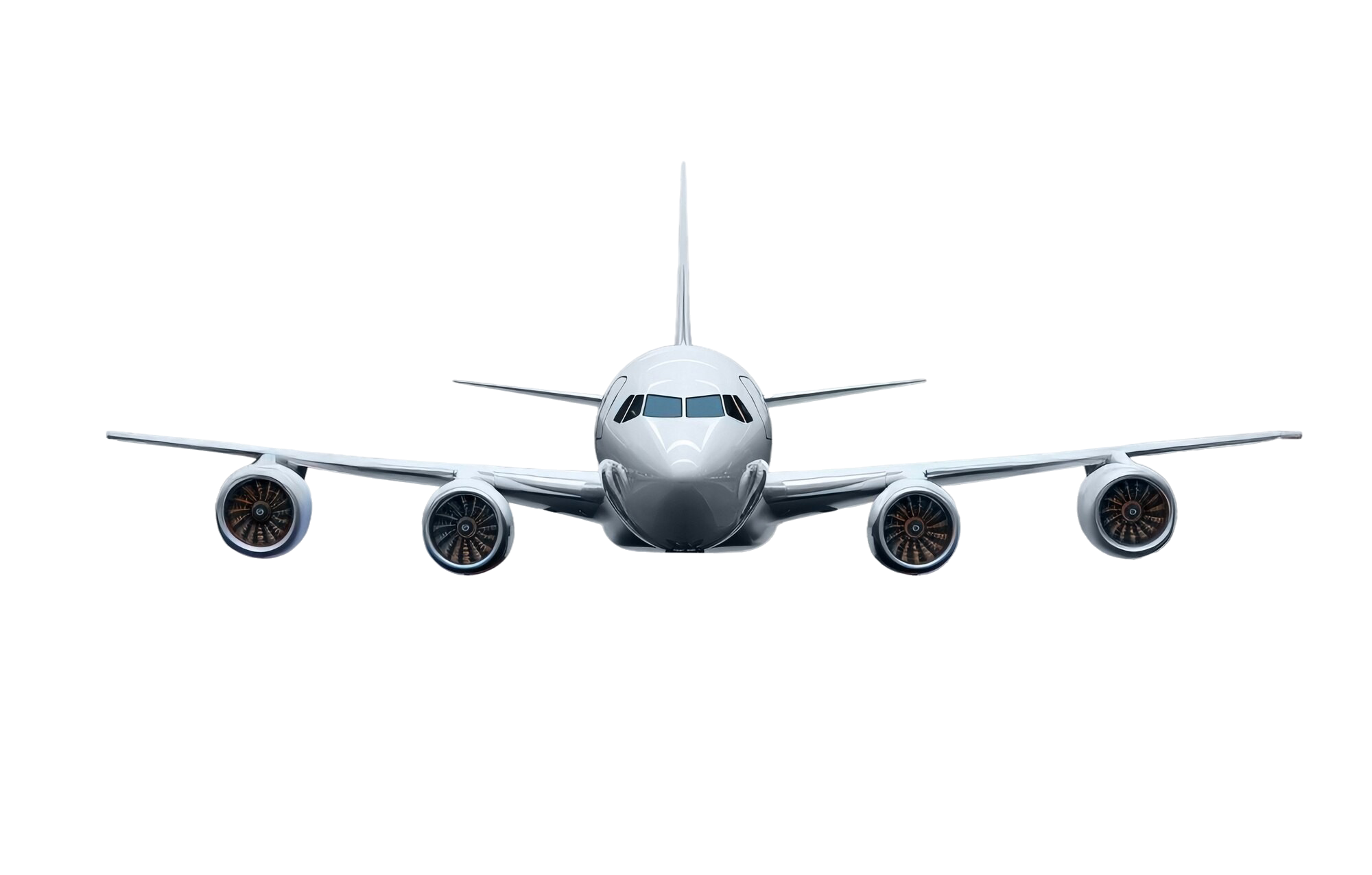

Our Comprehensive Training Programs
Academic Starter Program
Kickstart your aviation career with our carefully designed programs to build a strong foundation.
Professional Development Program
Enhance your skills with specialized training to stay ahead in the competitive aviation industry.
Corporate Training Solutions
At Delta Wing Aviation Academy, we offer customized PART 135 and PART 91 corporate training solutions
Delta Wing Aviation Academy: Our Graduates are Flying Around the World
Congratulations to all our Delta Wing Aviation Academy alumni who are flying around the world as first officers and captains and some as flight dispatchers. Below are just a few of the over 10+ airlines that have hired Delta Wing Aviation Academy graduates.
Why Choose Us
At Delta Wing Aviation Academy, we offer more than just traditional flight training. With experienced, licensed instructors and state-of-the-art facilities, we provide comprehensive ground instruction, endorsements, and simulator training.
This ensures you can take your Private, Instrument, Commercial, and ADX exams without needing additional ground training abroad.
What we got for you
For Services
At Delta Wing Aviation Academy, we offer more than just exceptional training programs.
We are committed to providing a smooth and supportive learning environment with exclusive services for both students and industry professionals
For Pilot Resources
Find essential tools like flight manuals, training guides, and safety tips.
And simulation aids to support your pilot training and build real-world aviation skills.
For Admission
Get step-by-step details on courses, eligibility, documents, and how to apply.
Start your aviation journey with a smooth and clear admission process.
Our Courses
Providing the Best Learning Experience
Commercial Pilot’s License (CPL) - Airplane (FAA, TC, CASA, DGCA, SACAA)
- Certified
- 10 Months
- Students
If you’ve always dreamed of becoming a commercial pilot, our CPL course is your gateway to turning that dream into reality.
Commercial Helicopter Pilot's License (FAA) – helicopter
- Certified
- 10 Months
- Students
If your dream is to soar as an helicopter pilot and embark on a rewarding career in aviation, our Commercial helicopter Pilot’s License (CHPL) course is the perfect.
Certificated Flight Instructor Course (CFI/CFII/MEI) – FAA
- Certified
- 2 Months
- Students
Many pilots choose to become Certificated Flight Instructors (CFIs) for various reasons, with the most common being the desire to gain experience and build flight time.
Airline Cadet Pilot – Preparation course
- Certified
- 2 Months
- Students
Prepare for a successful career as a Cadet Pilot with our comprehensive Airline Cadet Pilot Programme Preparation Course.
Ready to Soar?
FLY HIGH WITH FLY DELTA WING...
We are committed to helping you prepare for a successful aviation career, equipping you with all the knowledge, skills, and confidence you need to take flight.
We look forward to welcoming you to our academy and supporting you every step of the way as you turn your aviation dreams into reality!
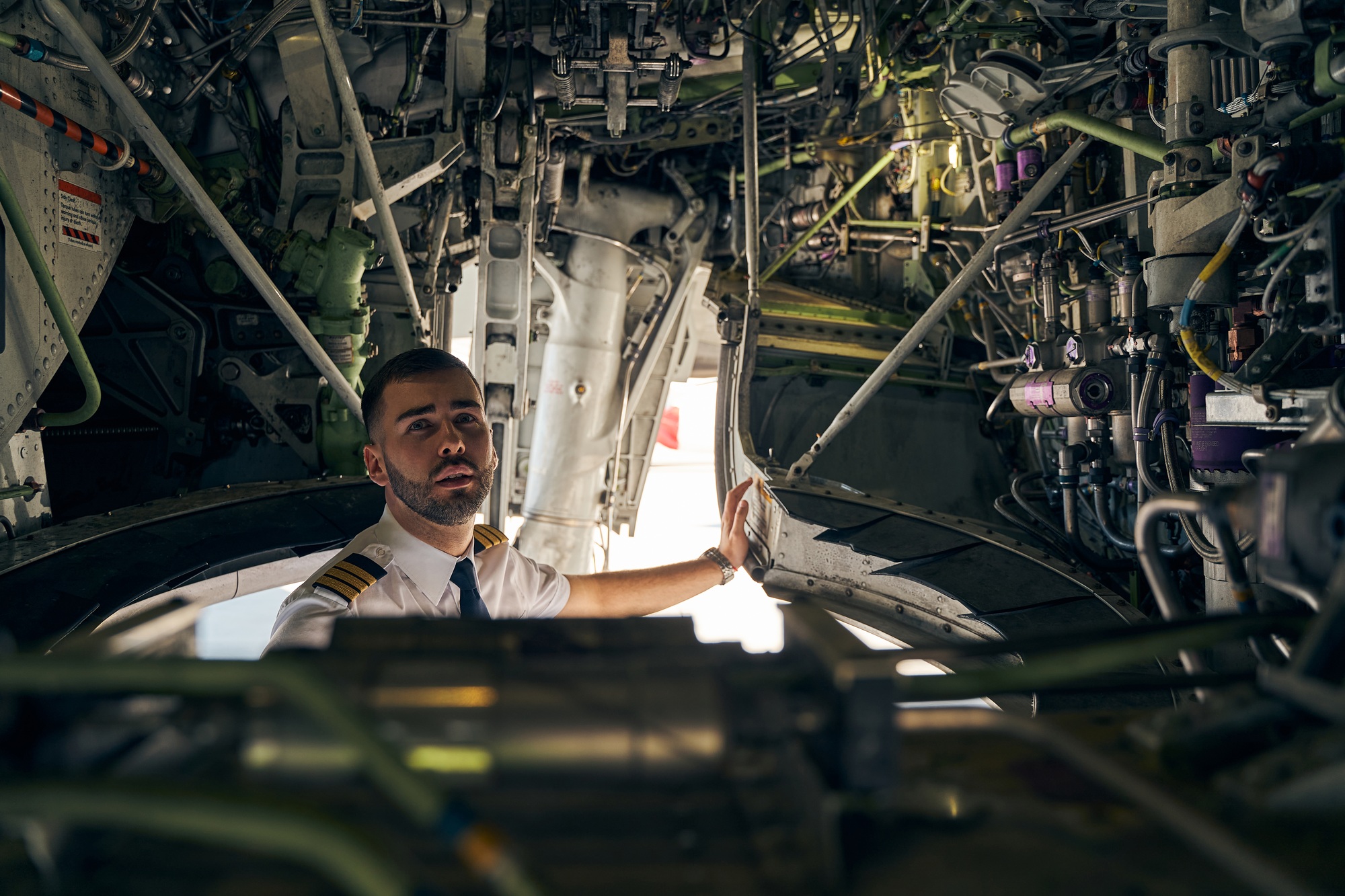
Fly DeltaWing students Future life
Fly DeltaWing helps students learn about flying and space. It gives them real training and experience to prepare for exciting careers in the future.
High standards in training
Fly Delta Wing: Your Path to Excellence
FAA-Approved Programs
Accredited by the FAA
Train 35% Faster Compared to Traditional Training
Accelerate Your Flight Hours and Career Growth
Guaranteed Job Placement Assistance
How We Work
Welcome to Delta Wing Aviation Academy—where your aviation dreams take flight.
Our Mission
By fostering a global network of learning, we aim to develop future leaders in aviation who will excel in diverse roles and operations worldwide.
Our Vission
At Delta Wing Aviation Academy, our vision is to be a globally recognized leader in aviation training, distinguished by excellence in education.
Take off with us – check out the video and hit subscribe
Welcome to Fly DeltaWing, a leading flight school offering quality pilot training for students from around the world. The training program is well-structured, helping you grow from a private pilot to airline-ready. In our YouTube channel, see what makes Fly DeltaWing special and the passion, expert training, and modern aircraft used throughout your journey. From your first flight to becoming a professional pilot, support is with you at every step.
Watch now and discover how Fly DeltaWing is more than just training — it’s a journey that shapes your future.
Fly DeltaWing – Frequently Asked Questions
Find quick answers to common questions about training, programs, and student opportunities.
These are abbreviations for aviation regulatory authorities in different countries:
United States: Federal Aviation Administration (FAA) – aviation
European Union: European Union Aviation Safety Agency (EASA)
Canada: Transport Canada (TC) – regulation
Australia: Civil Aviation Safety Authority (CASA) – aviation safety
India: Directorate General of Civil Aviation (DGCA) – safety and regulation
South Africa: South African Civil Aviation Authority (SACAA) – safety and security
Maldives: Maldives Civil Aviation Authority (MCAA) – aviation
United Arab Emirates: General Civil Aviation Authority (GCAA)
Saudi Arabia: General Authority of Civil Aviation (GACA)
Oman: Public Authority for Civil Aviation (PACA)
To become a pilot, you must be at least 16 years old and hold a valid medical certificate. In some countries, a 10+2 education is required.
- Private Pilot License (PPL): 3 to 6 months.
- Commercial Pilot License (CPL): 6 to 8 months (varies by individual progress).
Costs can vary depending on the type of aircraft and individual performance. If you train on an older model aircraft without automation and with fewer hours, the typical costs are as follows:
1.Zero to Commercial Pilot License (CPL): Around $50,000
Additional costs may apply for exams, medical checks, and flight hours beyond the minimum requirements.
There is no maximum age to become a pilot, but applicants must meet medical standards. The minimum age for a PPL is 17, CPL is 18, and Airline Transport Pilot (ATP) is 23.
Copyright © 2025 Fly Delta Wing • All Rights Reserved

